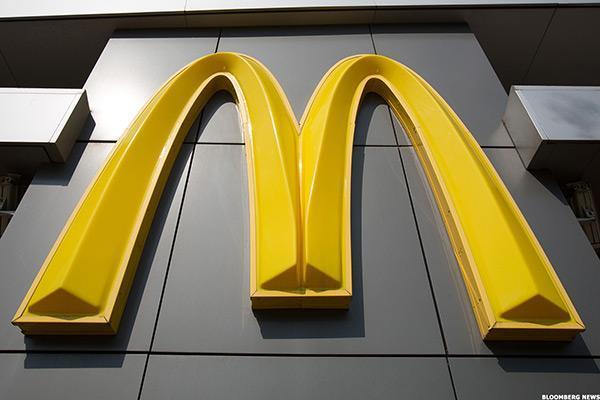McDonald’s moves international base to UK after run-in with EU tax regulators
Move away from Luxembourg appears politically motivated, but McDonald's says the choice of Britain as the destination is a post-Brexit vote of confidence

McDonald’s has moved the base for its non-US operation from Luxembourg to the UK after coming under attack from EU regulators over its tax arrangements.
While the move away from Luxembourg appears politically motivated, McDonald's signalled that the choice of the UK as the destination was a vote of confidence in the UK after the Brexit vote.
“McDonald’s selected the UK for the location of its new international holding structure because [of the] significant number of staff based in London working on our international business, language and connections to other markets,” it said in a statement.
The burger chain’s tax arrangements in Luxembourg have been under intense scrutiny by EU antitrust officials and trade unions and tax justice campaigners have alleged that it avoided more than €1bn (£840m) in taxes in Europe between 2009 and 2013.
An EU official said earlier this year that the McDonald’s case shows “just how far some companies push tax authorities to avoid paying any taxes”.
McDonald’s Luxembourg holding company owned the brand’s lucrative intellectual property rights outside the US, receiving royalties for use of the name, logo and trademarks from franchises in other countries and taking advantage of Luxembourg’s low tax rates.
By routing profits through Luxembourg in this way, McDonald’s reduced its tax burden in other countries around the world – the countries where it actually makes and sells its burgers.
Luxembourg itself has come under fire for offering companies “sweetheart” deals to set up in the Grand Duchy. An analysis by the FT found that the company paid an effective tax rate of 1.49 per cent on $1.8bn it earned at its Luxembourg holding company, well below the country’s official tax rate of 29.2 per cent.
“McDonald’s pays a significant amount of corporate taxes,” the company said. “From 2011-2015, we paid more than $2.5bn in corporate taxes in the EU, with an average tax rate approaching 27 per cent.”
Many multinationals have used similar structures but critics say they distort the true operations of the company in order to gain a tax advantage that legislators never intended.
Amazon’s tax deals with Luxembourg are also being investigated by European and US regulators after the online retailer created a complex 28-step scheme called Project Goldcrest to minimise its tax bill. The US Internal Revenue Service attacked the core feeatures of the scheme as predicated on “legally baseless” methods.
Subscribe to Independent Premium to bookmark this article
Want to bookmark your favourite articles and stories to read or reference later? Start your Independent Premium subscription today.

Join our commenting forum
Join thought-provoking conversations, follow other Independent readers and see their replies